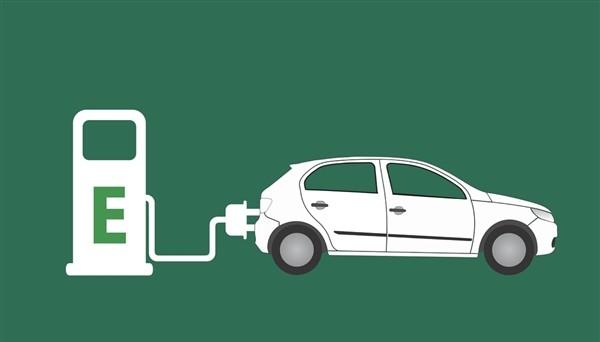At present, the mileage of electric vehicles on the market is generally about 500 kilometers, and if it is in the cold winter, this achievement will fall down 100-200 kilometers.
Short mileage has become a major factor restricting consumers from purchasing electric vehicles, if the mileage is increased to 1000 kilometers, then more consumers are bound to choose electric vehicles.

According to the Ningbo Institute of Materials Technology and Engineering, among the currently known cathode materials, the discharge specific capacity of lithium-rich manganese-based cathode materials is as high as 300mAh/g, which is about twice the discharge specific capacity of cathode materials such as lithium iron phosphate and ternary materials currently commercially applied.
That is to say, lithium-rich manganese-based cathode materials are considered to be the ideal choice for a new generation of high-energy density power lithium batteries, and it is also the technical key to the energy density of power lithium batteries exceeding 400Wh/kg.
Liu Zhaoping, a researcher at the Power Lithium Battery Engineering Laboratory of the Ningbo Institute of Materials Technology and Engineering, Chinese Academy of Sciences, has long been committed to the research and development of lithium-rich manganese-based cathode materials, and recently, the team has made a series of progress.
The team used surface modification methods such as surface doping, gas-solid interface modification, and surface coating to realize the construction of composite surface structure, and prepared a lithium-rich manganese-based cathode material with high specific capacity and long cycle stability.
The research team used the lithium-rich manganese-based cathode material and the graphene composite silicon carbon anode material to design and develop a new type of battery with an energy density of 345Wh/kg (capacity 20Ah), and the battery showed excellent cycle stability.
However, it should be pointed out that the battery is still some distance away from large-scale mass production, but it just points out one of the development directions of the future power battery, so it is not far from the era when the mileage of electric vehicles easily exceeded 1,000.